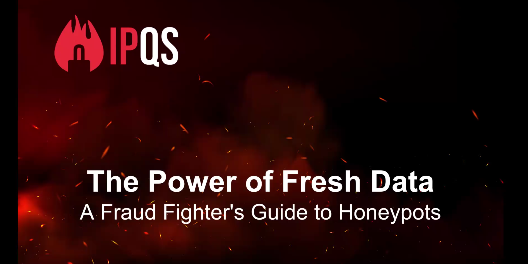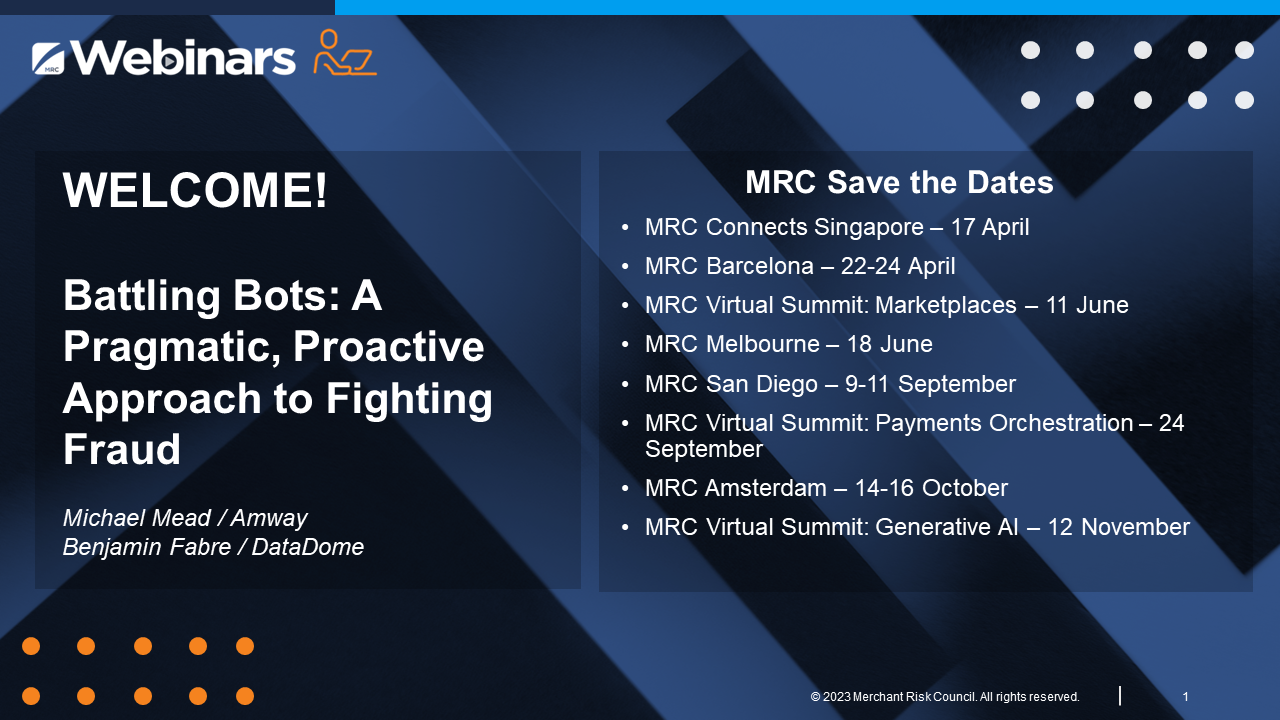Fraugster Partners with Payaut to Provide Fraud Prevention Services to e-Commerce Marketplaces
Berlin and Amsterdam, 10 February 2022 - Fraugster, a German-Israeli payment intelligence company, has partnered with marketplace payout specialist, Payaut to provide fraud prevention services to marketplaces. This collaboration allows marketplaces to have easy access to a range of fraud prevention, compliance and revenue uplift solutions.
In 2020, marketplaces accounted for 62 percent of global online consumer sales, according to Digital Commerce 360. The top 100 online marketplaces facilitated the sale of $2.67 trillion in gross merchandise last year. With increased sales, marketplaces face multiple fraud challenges with Chargebacks being a significant one, whether caused by true fraud or friendly fraud (AKA chargeback fraud). Fraugster’s Managed Services solution takes care of chargeback protection by providing a guarantee, AI data enrichment for accurate decisions, access to global sanctions lists through a single integration to protect against AML and fincrime, and overall
fraud monitoring, while marketplaces can focus on time, resources, and investment in other crucial areas of their business while remaining secure.
Payaut is a licensed European payment institute founded in 2019 by payment industry and eCommerce experts. Its mission is to provide the best e-commerce experience for operators and users of online marketplaces. Payaut’s payment solution ensures that money flowing through online marketplaces ends up with the right seller, whether it is an individual or a business.
Payaut CEO, Ernst Van Niekerk "We look forward to working together with Fraugster to provide fraud prevention services to marketplaces. Instead of shopping around and contacting several different vendors, marketplaces can access all their fraud prevention needs via one vendor -Fraugster. Through a single integration, marketplaces can select from multiple solutions, including full chargeback protection, resulting in streamlining and simplifying fraud detection.”
Fraugster Co-CEO, Christian Mangold says “The collaboration with Payaut is another step in successfully supporting the Marketplace ecosystem/arena. With this partnership and our recent teaming up with German marketplace Refurbed, we are further extending our fraud prevention capabilities by providing flexible and scalable solutions for online marketplace platforms.”
About Fraugster
Fraugster is a Berlin based payment intelligence company. Fraugster enables the world's leading merchants, global payment companies like Worldline and Ratepay to intelligently manage the impact of fraud to minimize the costs of fraud, maximize revenue and improve customer experience. Fraugster has developed one of the most accurate AI fraud prevention solutions in the market and is backed by leading deeptech investors Earlybird, Speedinvest, CommerzVentures and Munich Re Ventures.
For further information please contact:
pr@fraugster.com






